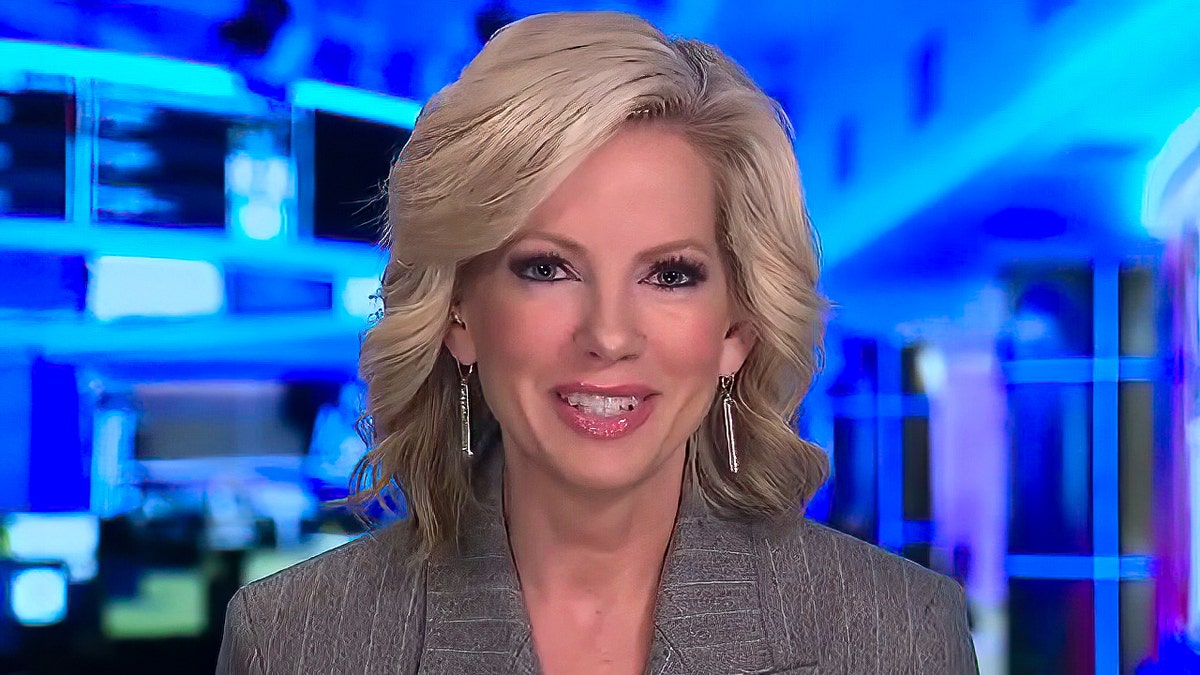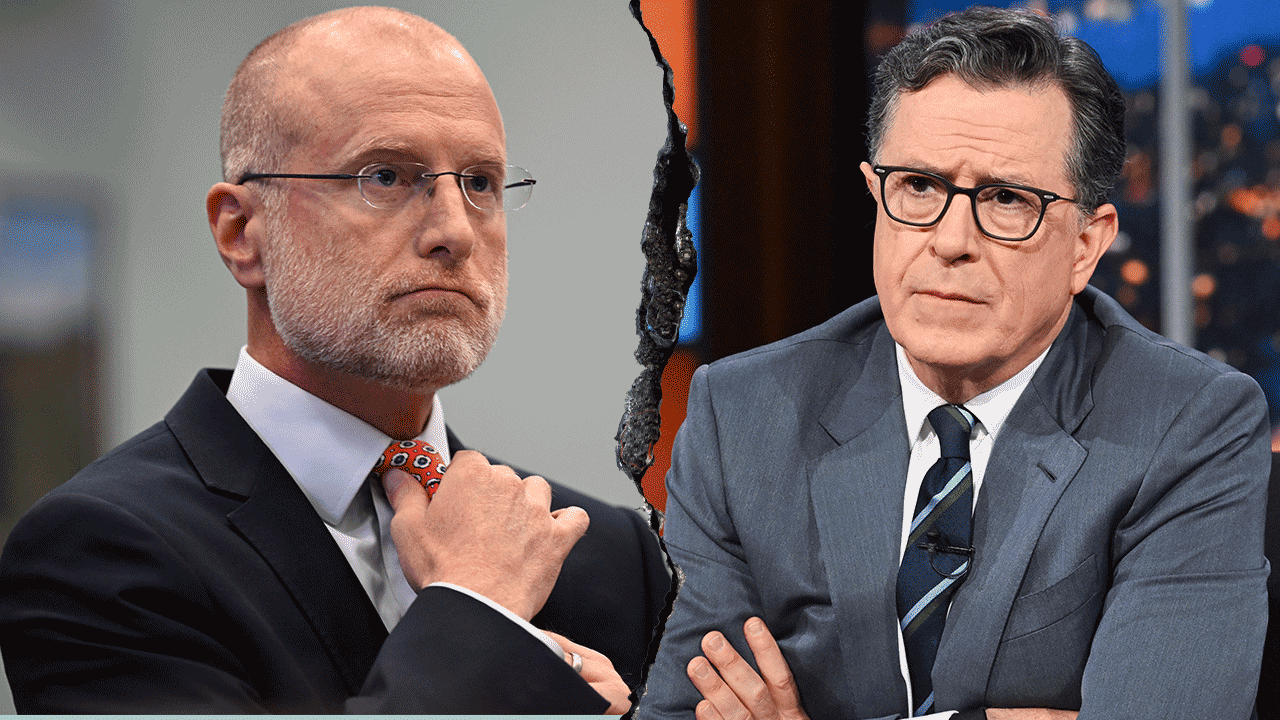Shannon Bream on the role of the Supreme Court in our democracy
Fox News host and chief legal correspondent Shannon Bream takes viewers to 'law school' by breaking down the 'proper' role of the judiciary amid the court's recent decision on Roe v. Wade on 'Sunday Night in America with Trey Gowdy.'
In the special Fourth of July episode of "Sunday Night in America," host Trey Gowdy spoke with fellow Fox News host Shannon Bream on the significance of the Supreme Court.
Although the Supreme Court is one of the three branches of government, Gowdy asked Bream about the difficulty in their job to decide what is constitutional.
"This is tricky stuff because we know we can read the text of the Constitution," Bream said. "But there are rights over the years our courts have found are historic in nature."

Fox News Chief Legal Correspondent and "Fox News @ Night" anchor Shannon Bream.
She noted that the recent Dobbs decision last month, which overturned Roe v. Wade, perfectly captured the complex process of recognizing rights.
DEM ‘HATE’ DEMOCRATIC PROCESS JUDGING BY REACTION TO SUPREME COURT EPA RULING: SEN. LEE
"Roe said in 1973 that there was a right to privacy and that within that there was a right to abortion. And so, the court went through a long methodical process of looking through history and looking through tradition and said no. At least five of them, the majority said there is not a constitutional right under the U.S. Constitution to an abortion. This should go back to the states. We want it to be closest to the people who are elected to make the decisions for the citizens of this country," Bream explained.
She remarked, "So we’ve got 50 laboratories of democracy that are now going to wrestle with their own state constitutions and with their own state laws as to how they find this balance on the issue of abortion."

A police officer patrols in front of of the U.S. Supreme Court in Washington, D.C., on Tuesday, Oct. 12, 2021. (Emily Elconin/Bloomberg via Getty Images)
Ultimately, Bream emphasized the impact of the Dobbs decision returning the issue of abortion back to the states.
"This is one of the concerns that the late Justice Ginsberg had about the Roe v. Wade decision, that states were moving on their own in this conversation about abortion, for example. And when you short circuit that process, and take it away from the states, she worried that the legal underpinnings of Roe, in light of those conditions, were in danger. There were vulnerable, and she was right about that because this is where we ended up," Bream said.
However, she acknowledged that there are still many decisions left for individual states to decide beyond abortion limitations, including interstate traveling, medicated abortions and the mail delivery of abortion pills.

Containers of the medication used to end an early pregnancy sit on a table inside a Planned Parenthood clinic, Oct. 29, 2021, in Fairview Heights, Ill. (AP Photo/Jeff Roberson)
CLICK HERE TO GET THE FOX NEWS APP
"I do think if anybody thought this decision was going to end the discussion, I think what it did was reopen what was happening in the lead up to Roe, which was states wrestling with this. Roe may have stopped that for fifty years, but I think it just reopened that wound and these conversations that were just bubbling then back in the 70s and the 60s are now going to start afresh," she said.









































